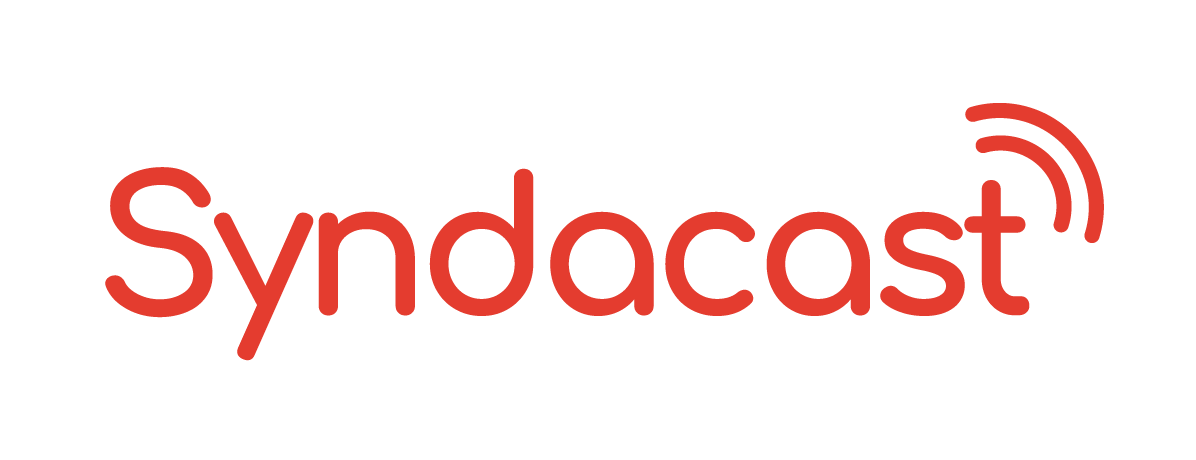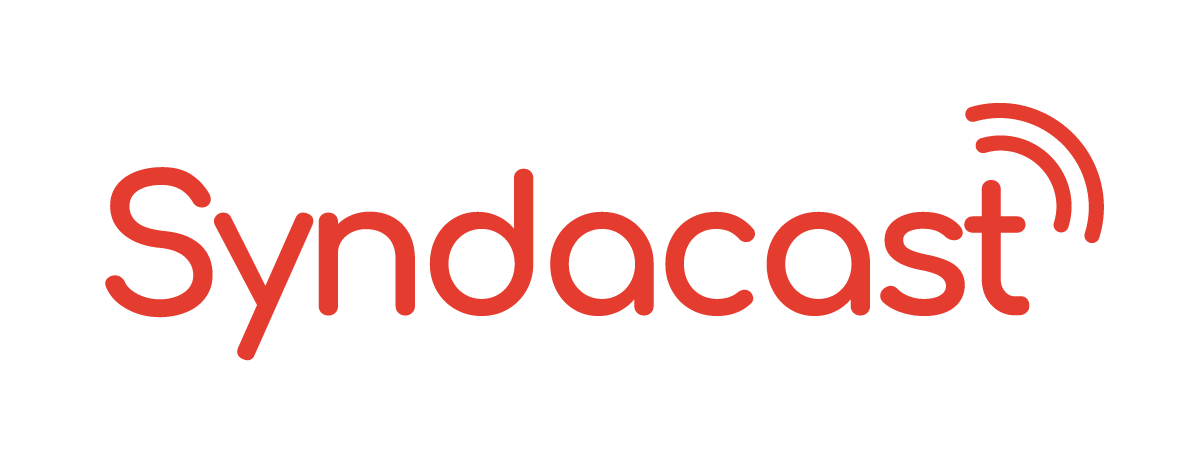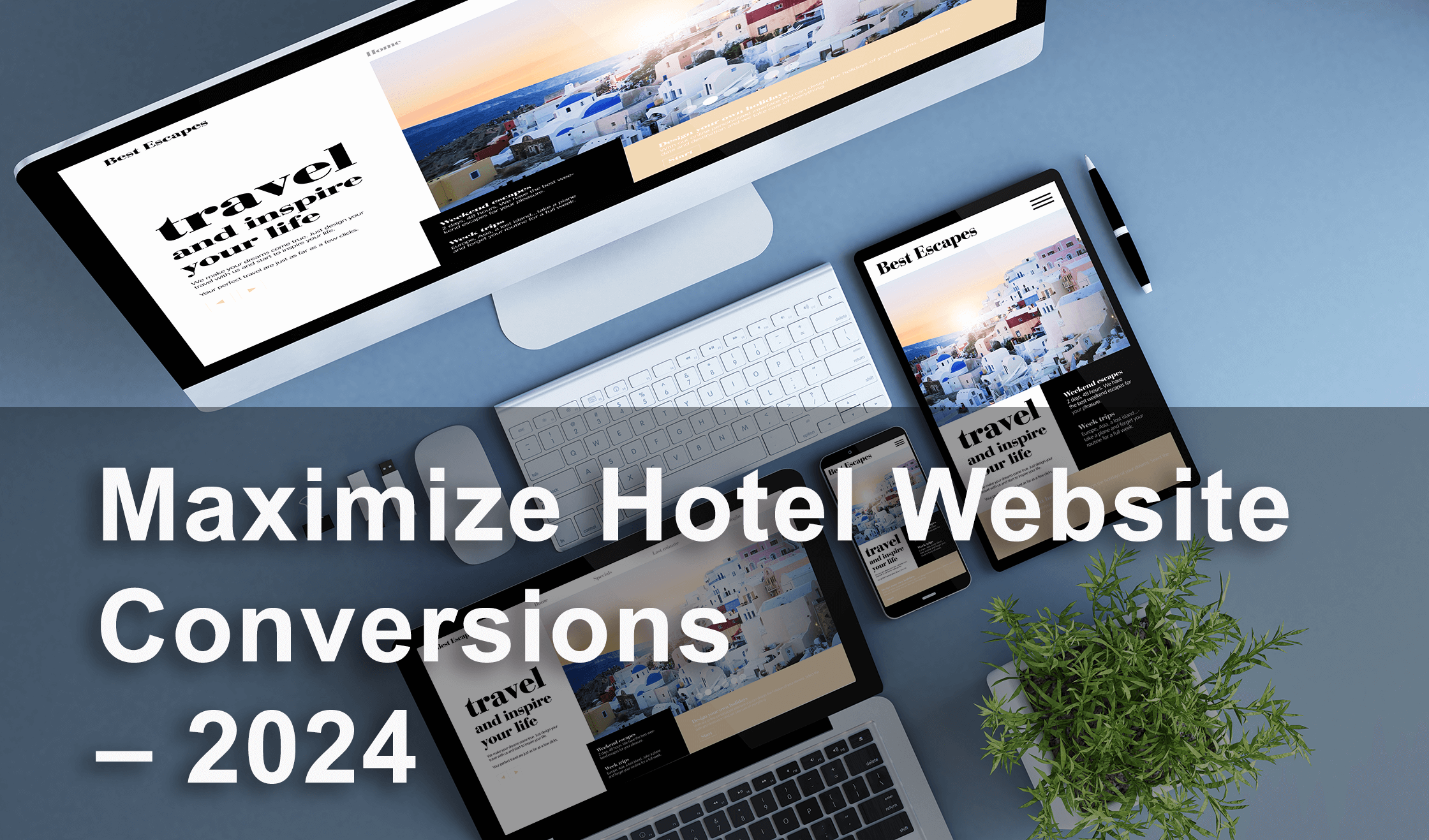
Maximize Hotel Website Conversions – A Practical Guide for Better Conversions Rate In 2024
According to Industry benchmarks, the average conversion rate for hotel ranges from 1% to 3%, this is the indicator for hotels to know you are performing well in converting visitors to customers or not.
If your hotel has already gained a stable monthly traffic coming in from various sources, the next important question to ask is the conversions. Conversions are actions that visitors take while they are on hotel’s website such as “Submit form”, “Send Inquiry”, “Book Now”, “Check rate”, “make the reservation” and these are the ultimate goals that the hotel’s marketers should optimise for. This includes SEO strategies and improving user experience to turn your visitors to bookers.
Here are some guides of the 2 important areas that can help hotels to maximize the conversion rate.
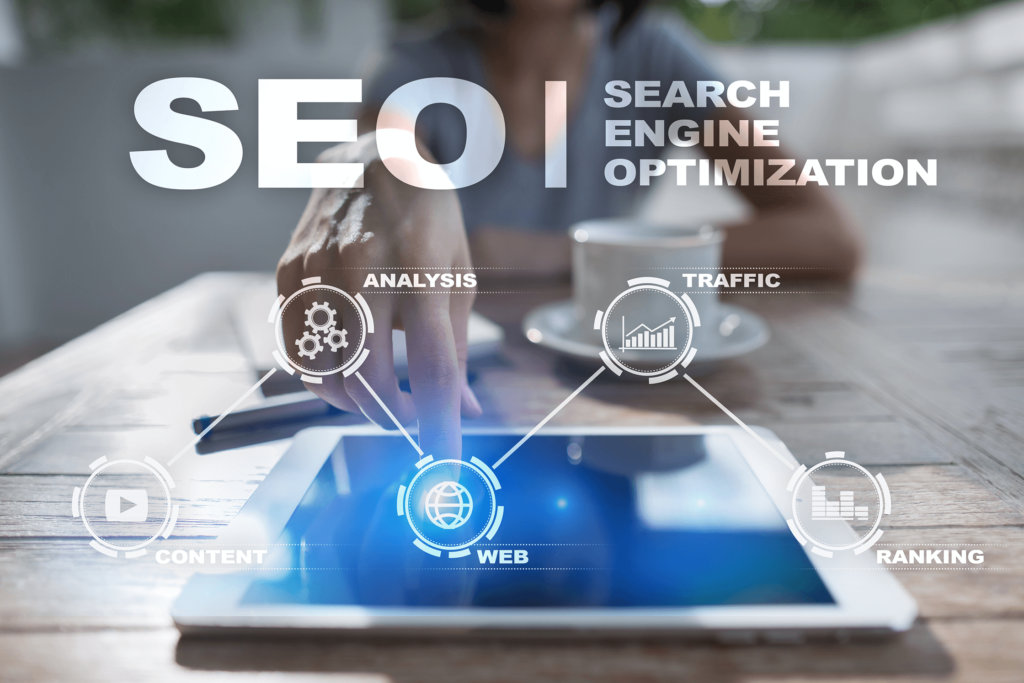
SEO Strategies
Keyword research: These are relative phrases and terms users input into search engines, into the website’s content. This is determined with search Google Trends, Keyword planner within Google Analytics and other paid tools. Honing in on location and long tail keywords that address specific amenities or services can play an important role in standing out to your competitors, and obtaining more relevant website traffic. For Example, “pet-friendly luxury hotel with spa“ , “Family friendly resort”.
Competitor analysis: Identifying competitors with a robust online presence, analysing the keywords they are ranking for, and evaluating the content and structural elements of their
websites provide invaluable insights. Armed with this knowledge, hotels can tailor their SEO strategy to surpass competitors in the online arena.
On-Page SEO: Fine-tuning Meta Tags: Title tags, meta descriptions provide information to search engines and users. Headers Proper use of H1, H2, H3 tags for structuring content. Quality Content: Engaging, informative, and relevant content is crucial for SEO.
Images and multimedia: are not merely aesthetics but integral components of SEO. It is also aiding search engines in understanding the content in the form of Alt-text, as Google web crawlers are not able to pick up data from images. Infographics spanning to videos, it enriches the users overall experience, contributes to SEO and makes the website more appealing to both users.
Hotel Content & Reviews: Travellers are searching more diligently before making travel decisions and to meet these needs, by ensuring relevant search queries with the presence of
engaging content marketing for hotels that will play a pivotal role in enhancing a website’s search rankings.
Adding guest reviews and testimonials on a hotel website is to build the trust with potential customers. If a hotel lacks these, visitors may doubt its credibility and feel unsure about the hotel.
Furthermore, a well-maintained website that prioritizes a positive and seamless customer experience has been shown to significantly increase the likelihood of customers returning or rebooking with the same hotel brand. (Source: ‘Think with Google’ – Google Travel Report, October 2023).

User Experience
Consider to improve below tasks for conversion purposes:
Loading speed: A website that loads slowly can frustrate visitors and lead to them leaving the site before conversions happen. The ideal loading time is between 2-10 seconds. The users will abandon the website if it takes more than 10 seconds of loading therefore optimising the loading speed within the benchmark is essential to improve the conversion rate.
Website’s layout: Clear website structure & layout with strong CTA on all pages will help visitors to find the information easily, stay in the website longer time. This will give hotel more
opportunity for conversion goal ultimately.
Booking Journey: An intricate or unclear booking process can hinder conversion significantly. Shorten the booking steps by reducing unnecessary clicks, simplify navigation and streamline the booking process. This will reduce the abundant cart, improve the conversions.
Conclusion
To sum it up, the journey through our strategic guide to SEO & User Experience serve to synchronize the essential actions required for optimizing your hotel’s website performance, ultimately enhancing its capacity to secure bookings and conversions.
In the competitive hotel industry, ongoing SEO & User Experience efforts are not just a recommendation; they are a must. As traveller’s behaviours and digital trends continue to evolve, staying committed to SEO is vital for attracting potential guests and achieving the target conversions.
